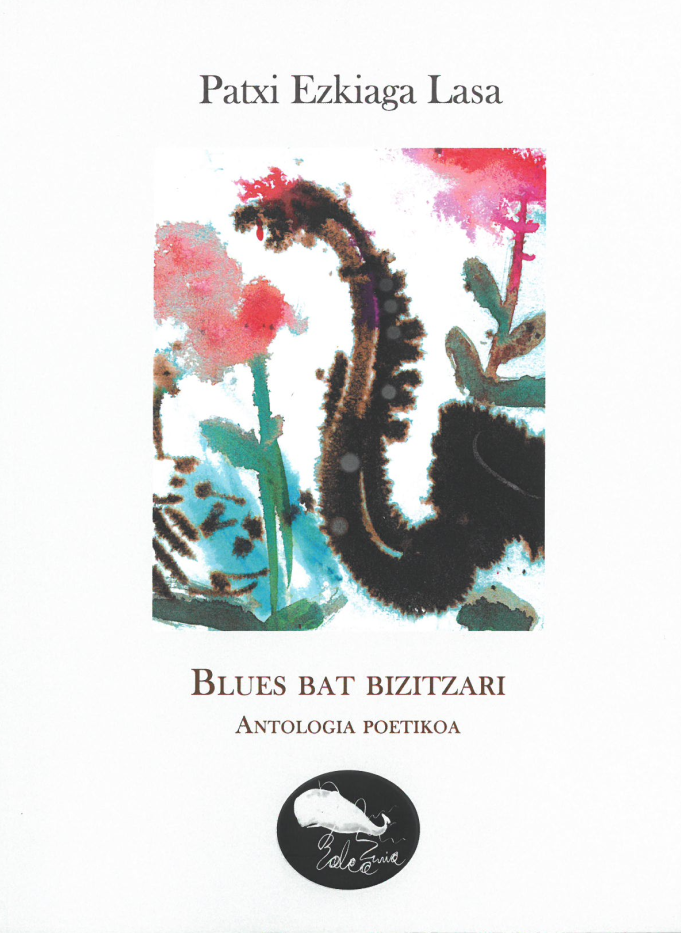In memoriam
It’s very difficult to write in the past tense about someone who was not only a teacher but a very dear friend, especially after starting to write about him in the present tense…
In the Peripatetic school created by the followers of Aristotle, students and teachers had the custom of walking through the garden. Plato, however, found that dialog was the best way to teach. In the hours that I shared with Patxi, we made both customs ours, and although it is true that all our meetings—whether they started on the terrace at La Salle San Sebastián or under the shady trees in Irún—turned into long walks, it was the stops along the way, the silent moments, that made those wonderful moments with him unforgettable.
The spaces mentioned made up the landscape of our walks, but I feel certain that the spaces that were at the heart of Patxi’s nostalgic gaze were others—the shortcuts, the abruptly discernable goat trails, the high mountain trails—and while I know that at any moment he would have happily fled down those old ox cart tracks at any moment, I also know that, above all else, he would have fled to the past. Because that landscape was made up his indelible memories—the intimate terrain of the poet—it was usual for those hazy or sunny spaces to emerge from his lips, or his poems, in the form of enormous pain.
For our walks all we needed was a pencil, some printed pages, a book or two and his small harmonica. Our topic of conversation was literature and despite the fact that the tributaries that flowed into that mighty river—music, life, students—enriched the waters, when we arrived at deeper, more turbulent waters, we’d make our first stop. “Let’s do our thing!” he’d say, looking me in the eye. We both knew that “our thing” was simply to weave words together properly, taking the same care that any artisan does, venerating the masters. We were united from the beginning by the invisible thread of a shared literary viewpoint, and although Patxi constantly mentioned authors like Seamus Heaney, Ted Hughes, Milton or Symborska, because they were part of him, he was also eager to know other authors.
From one side to the other, up and down, our stops were usually to make corrections. Like all good teachers, he loved the truth and would read anybody’s text with great care, including mine. I am exceedingly grateful for his corrections and I keep his praise in my heart. For the last poems I shared with him, he responded with the words of John Henry Newman:
“Lead, kingly light amid the encircling gloom,
Lead Thou me on…
The night is dark and I am far from home…”
There were also the harder stops, the most difficult ones, when we would be forced to stop by the suffering and illness we both experienced, but, as he added below those words by J.H. Newman, “it is not easy to witness the darkness, but that is also our destiny as poets.”
During one stunning evening, while watching the sun as it set, he transformed T.S. Eliot’s poem “O light invisible” into an unforgettable prayer. I wish to believe that in as a humble ray that is part of that invisible light, Patxi will illuminate the empty space he left behind, that he will light the ox cart track for every line that we write.

This text was published in November 2018 in the anthology Blues Bat Bizitzari as an epilogue.